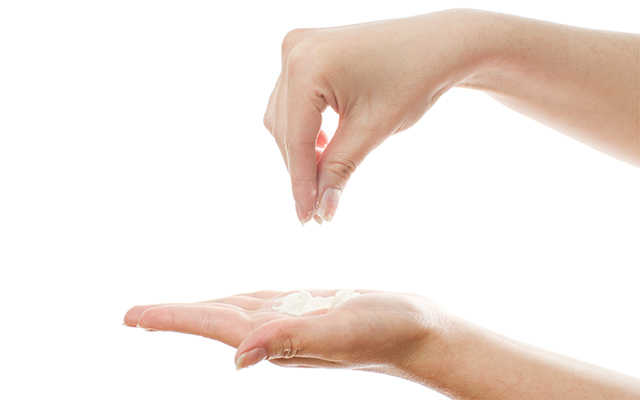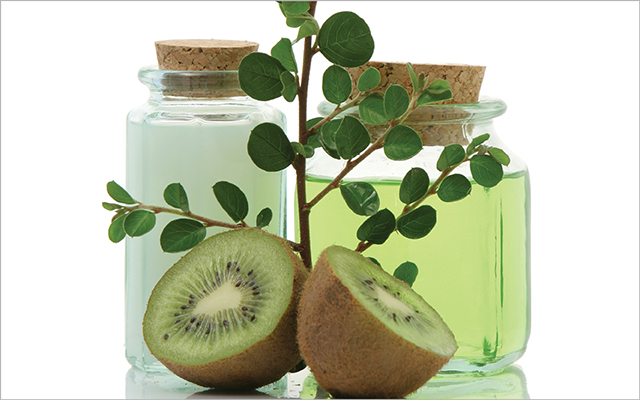A St. Louis jury recently ordered Johnson & Johnson, the world’s sixth-largest consumer health company, to pay $72 million in damages to the family of Jackie Fox, who claimed that the company’s popular baby powder and other talc-containing products caused her 2015 death from ovarian cancer. The verdict, the first of several such lawsuits to result in monetary compensation, has ignited a fresh debate over the safety of talcum powder.
As CBS News reported, the award was part of a class-action suit in the St. Louis Circuit Court involving almost 60 plaintiffs, all of whom claimed Johnson & Johnson’s Baby Powder and Shower to Shower products led them to develop ovarian cancer after decades of using the product for feminine hygiene.
Fox’s lawyers argued that Johnson & Johnson, in an effort to boost sales, refused to disclose that its talc-based products could cause cancer. During the trial, they revealed a 1997 internal memo from a company medical consultant stating that anyone who denies the link between the use of talc for feminine hygiene and ovarian cancer is “denying the obvious in the face of all evidence to the contrary.”
Johnson & Johnson spokeswoman Carol Goodrich told USA Today that the company was reviewing its legal options and defended the safety of its talc-based products. “The recent U.S. verdict goes against decades of sound science proving the safety of talc as a cosmetic ingredient in multiple products,” Goodrich said in a statement. “While we sympathize with the family of the plaintiff, we strongly disagree with the outcome.”
The verdict is likely to complicate the company’s defense in the 1,200 other pending lawsuits involving these products.
And it’s sure to stir a debate over the safety of all talc-based products, given that research to date has been inconclusive. Daniel Cramer, MD, director of the OB/GYN Epidemiology Center at Brigham and Women’s Hospital in Boston, told CBS News that he has found “increased risk of ovarian cancer with talcum powder use.” And the International Agency for Research on Cancer, which is part of the World Health Organization, has classified genital use of talcum-based body powder as “possibly carcinogenic to humans.”
But officials from the American Cancer Society believe more research is needed, and Francisco Xynos, MD, a gynecologic oncologist at SSM Health St. Mary’s Hospital in St. Louis said the scientific evidence is weak. That’s a view shared by Eva Chalas, chief of gynecologic oncology and director of Clinical Cancer Services at Winthrop-University Hospital in Mineola, N.Y., who noted in a USA Today interview that although talcum powder once contained asbestos, modern talc does not.
Many conventional personal-care products contain ingredients that may be harmful to your health. For tips on what to look for and how to avoid them, see “Beauty Beware” in our December 2009 issue, or download the Skin Deep app to learn more about the ingredients in your products.




This Post Has 0 Comments